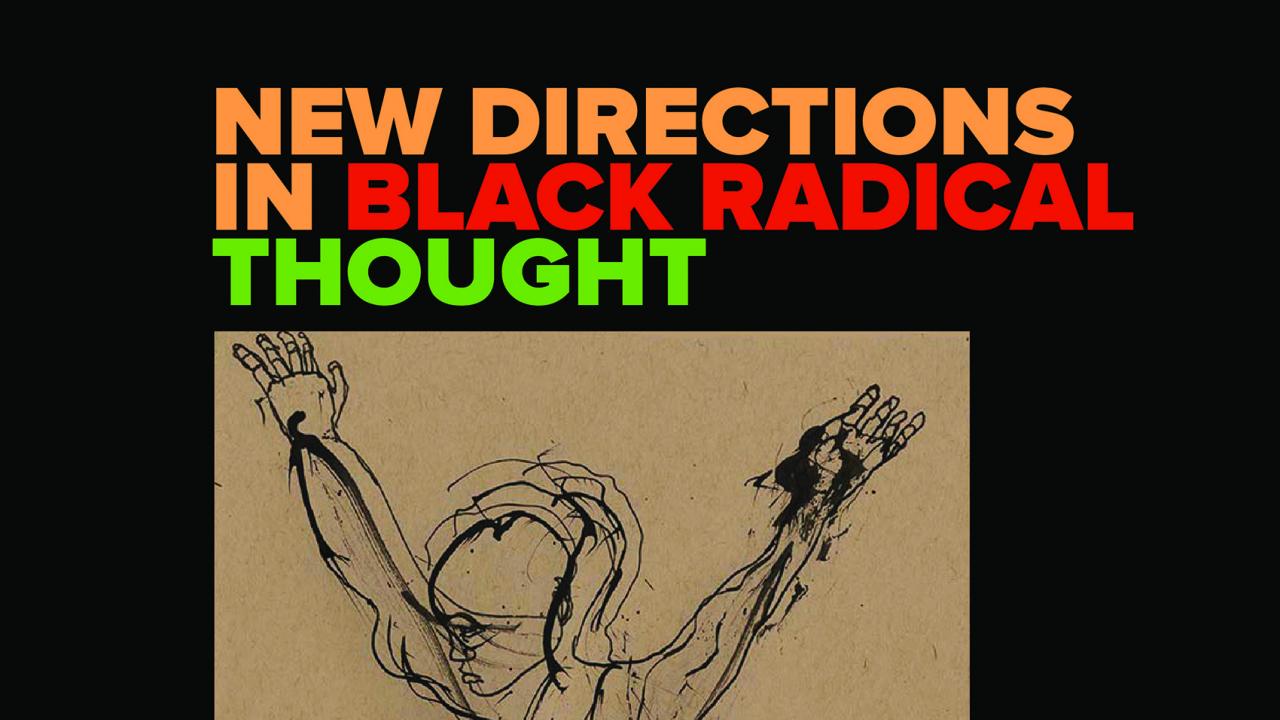
Day-Long Event Looks at Black Radical Thought
In this time of Black Lives Matter, the recent election, proposed reparations for slavery and a coming together of several strands of research, the University of California, Davis, is holding a day-long symposium “New Directions in Black Radical Thought.”
Taking place Feb. 17, it will gather scholars from UC Davis, the UC system and beyond to explore black radicalism around the globe from a wide range of perspectives.
“The symposium will addresses the big question - What does black radicalism mean now?” said Laurie Lambert, an assistant professor of African American and African Studies at UC Davis who is organizing the symposium with several graduate students.
“The goal is to promote critical dialogue, in the form of research, writing and publications on black radicalism across the African Diaspora.”
Bridging ideas and disciplines
Topics to be addressed:
-
What black radicalism and revolution illuminates about state violence, sovereignty and borders.
-
Legacies inherited from struggles for abolition, political independence, civil rights and reparations.
-
How black radicalism is being re-articulated to address current social and political challenges, as well as intellectual discourses.
The symposium grew out of conversations Lambert was having with two of her students – one in history and one in performance studies.
“I was looking for way to bring them together,” she said. “These are issues people across many areas are thinking about, but we have a tendency to be isolated in our departments. This will be the culminating event in a year-long research cluster on black radical thought that is being organized by faculty and graduate students from various departments.”
Seed money and administrative support for the cluster came from the UC Davis Humanities Institute. UC Davis is part of the UC Consortium for Black Studies and pulled from those resources for background and presenters for the event.
The day will include presenters and participants from UC Davis in African American and African Studies, performance studies, English, history and other areas, and from several areas at other UCs.
“We have an embarrassment of riches to draw from,” Lambert said.
The keynote address will be given by Deborah A. Thomas, a professor of anthropology at the University of Pennsylvania.
Her talk, “What Zora Neale Hurston Gives Black Studies: Tell My Horse, Imperial Politics, And Everyday Love,” looks at writer and anthropologist Hurston's ethnographic work in Jamaica and Haiti during the 1930s. Tell My Horse: Voodoo and Life in Haiti and Jamaica is Hurston’s 1930s first-hand account of the religion. The talk will examine how Hurston’s writing fit with contemporary travelogues, its connection to the complex relationships African-Americans have had with counterparts in diaspora and her documentation of rituals surrounding the threshold between life and death.
Thomas is author of Exceptional Violence: Embodied Citizenship in Transnational Jamaica and Modern Blackness: Nationalism, Globalization, and The Politics of Culture in Jamaica; and co-editor of the volume Globalization and Race Transformations in the Cultural Production of Blackness.
The day starts with a conversation between Frank Wilderson III, professor of African American Studies and Drama, UC Irvine, and Maxine Craig, UC Davis professor in the Gender, Sexuality and Women’s Studies Program. Wilderson lived in South African for five years where he was one of two Americans elected to the African National Congress.
His books include, Incognegro: A Memoir of Exile and Apartheid and Red, White, & Black: Cinema and the Structure of U.S. Antagonisms. Wilderson is also a creative writer and has received a National Endowment for the Arts Literature Fellowship; The Maya Angelou Award for Best Fiction Portraying the Black Experience in America; and the Zora Neale Hurston/Richard Wright Legacy Award.
There will also be sessions on “Black Feminist Thought Revolution” and “Transnational Blackness.”
— Jeffrey Day, content strategist in the UC Davis College of Letters and Science
